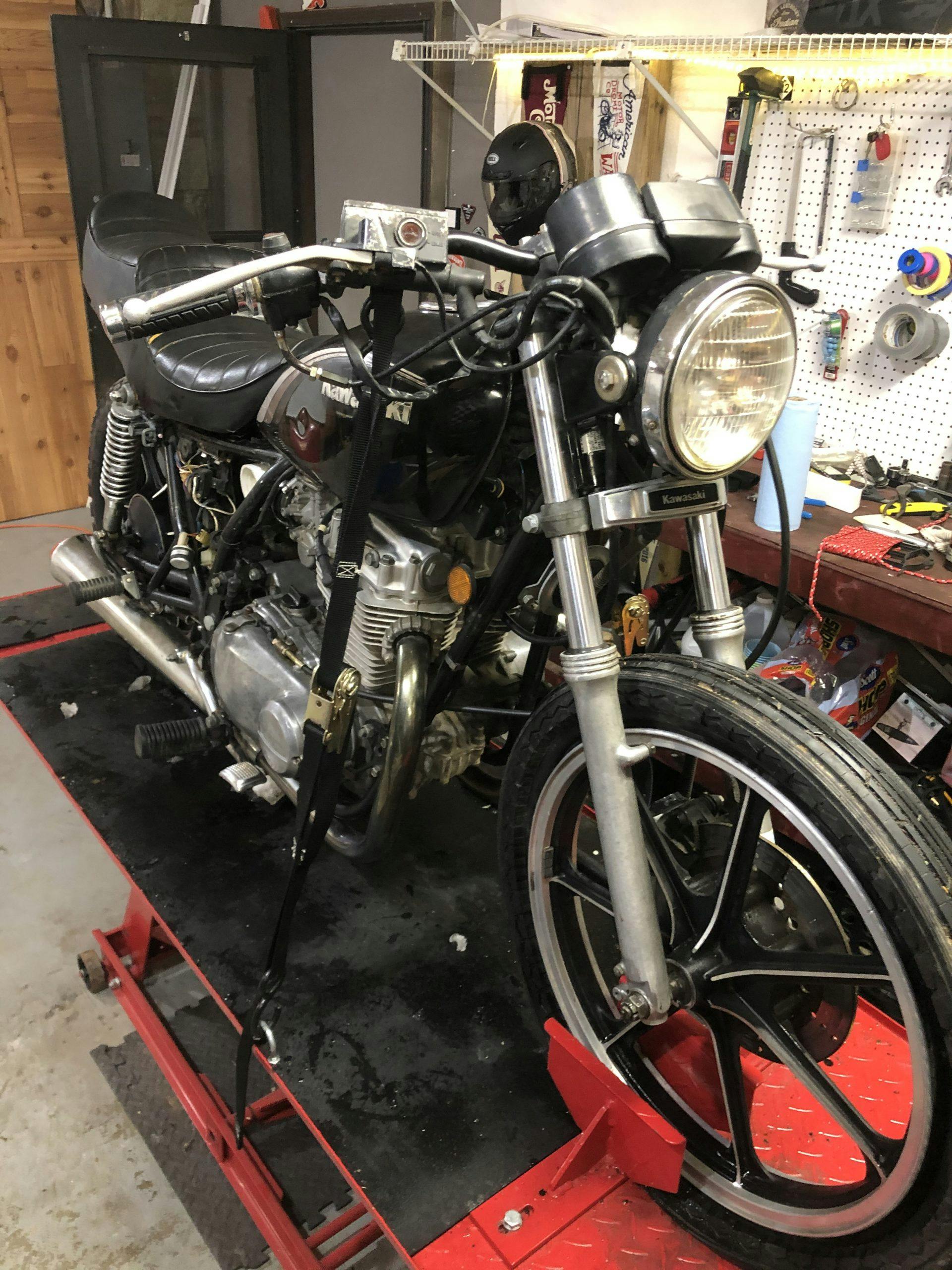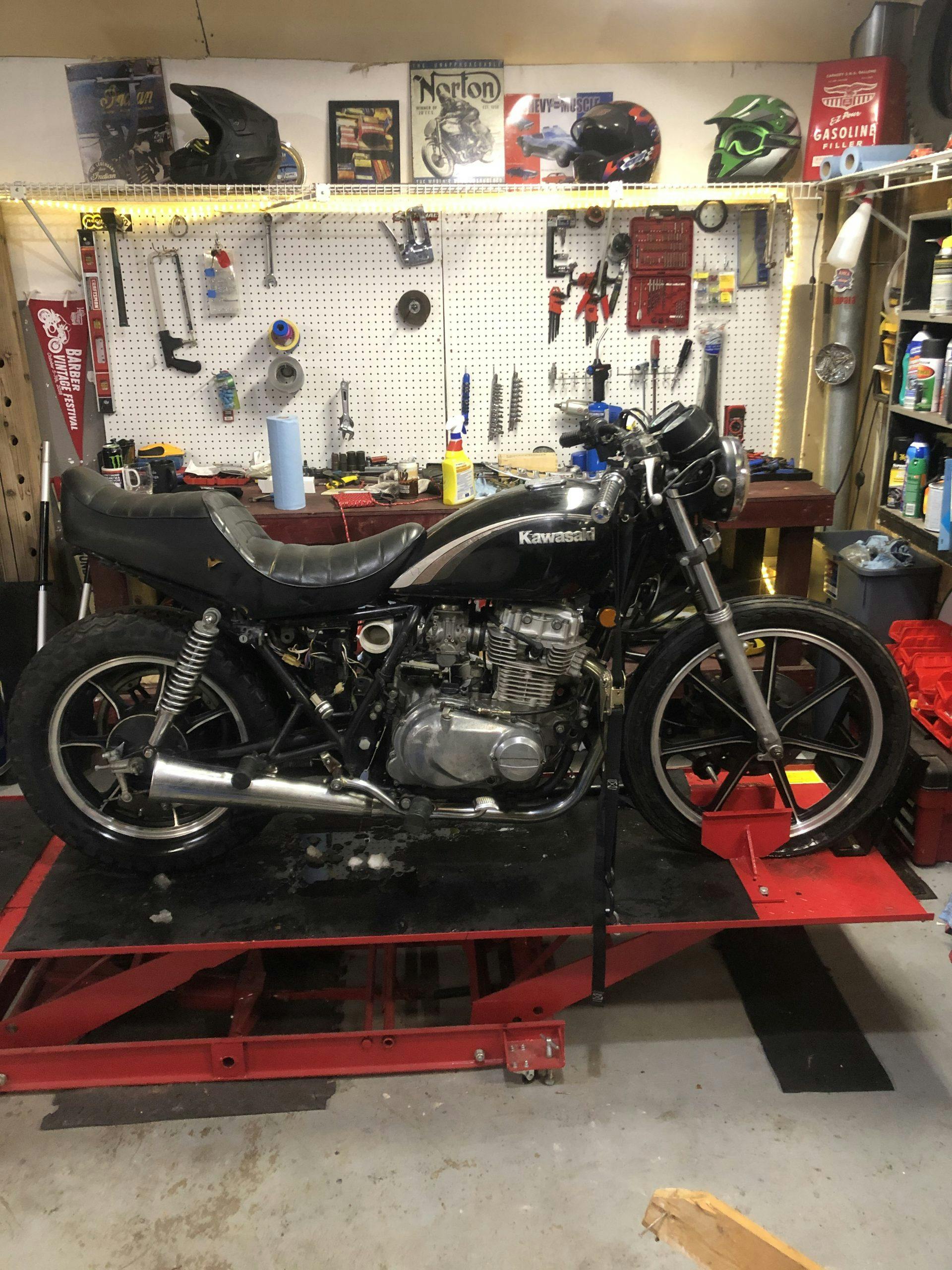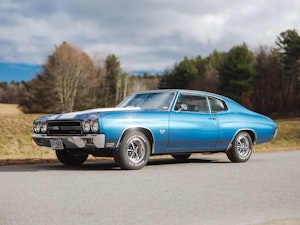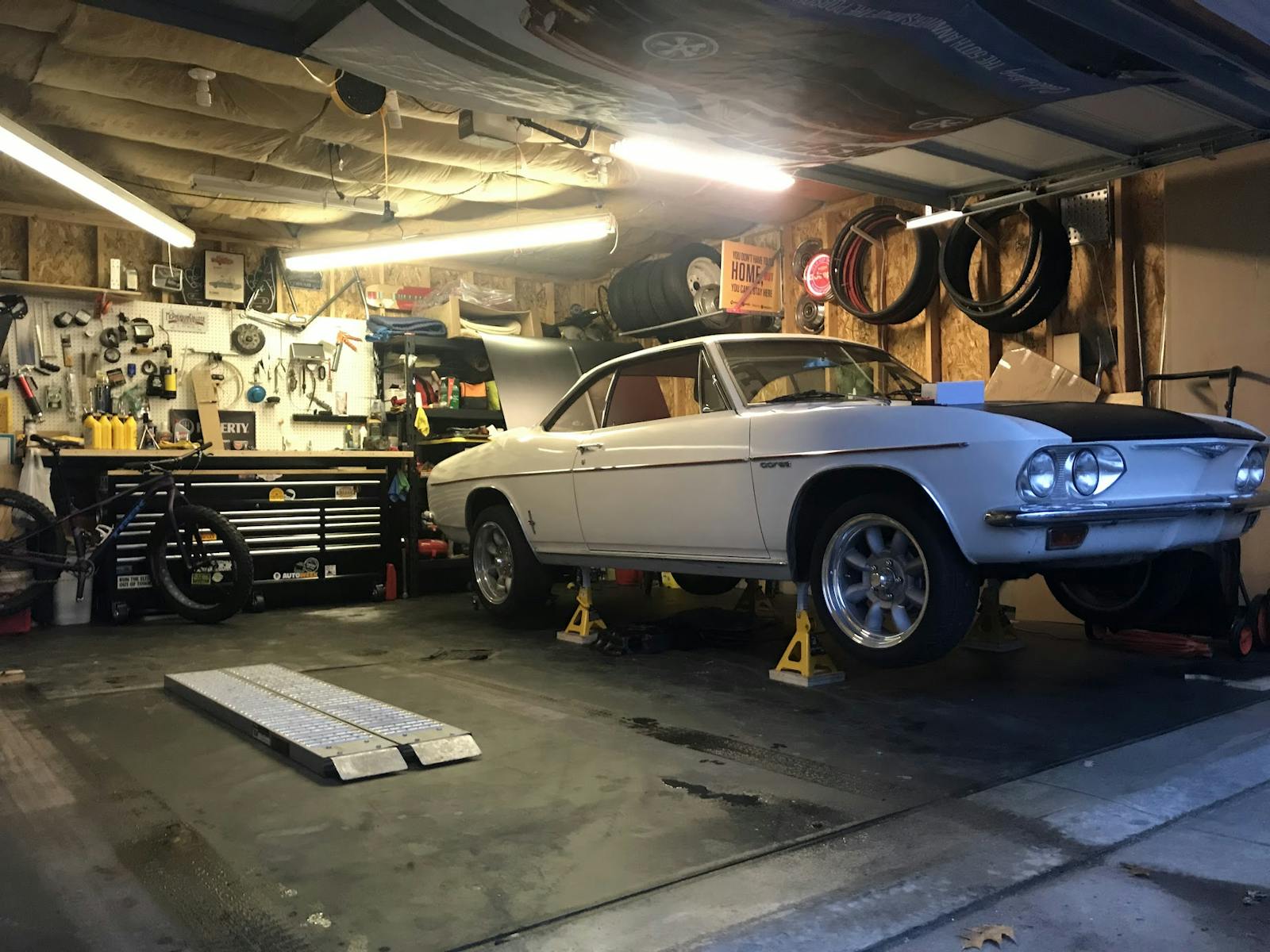Media | Articles
Your project car doesn’t care if you’re an expert
We spend our lives accumulating knowledge, thinking that this stored insight will ward off disaster while we enjoy our vintage rides.
The car doesn’t care.
You may have read all the books and manuals, collected all the special tools, watched the YouTube videos, called the experts, and gotten a good night’s sleep beforehand, but the car is inanimate. The rusty bolts don’t care how prepared you are; if they’re going to break, your perfectly prepared operating room of a garage won’t persuade them to remain intact.
So many folks get hung up on small things that prevent them from actually doing something. A good friend of mine had $200 stashed away. With it, he went out and bought the crustiest, junkiest Kawasaki KZ400 I’ve seen in years. It didn’t run. Part of the engine case had shattered when the previous owner attempted to remove it with a hammer. The airbox was gone and replaced with white PVC pipe. In my eyes, it was barely a parts bike, let alone something worth spending real money on and making rideable.
My friend’s willingness to attack projects and learn what he needs on the fly is the polar opposite of my personal style. He has a meager set of tools, though the basics are present and I will happily loan him anything I have which he lacks. When he expressed his intentions to make this $200 motorcycle rideable, I encouraged him. I’m not trying to prop up gates and ladders—but behind his back I expressed my reservations to a few other friends.
Marketplace
Buy and sell classics with confidence
The problem? My reservations were stupid.
This friend’s blind ambition does not mean he will encounter more problems than I would. Similarly, my carefully researched hours of preparation do not guarantee a problem-free wrenching session. The amount of preparation you invest in the project has nothing to do with your chances of success. Will it save you time? Probably—but for most project cars, there isn’t a time crunch. You’re not under pressure to operate at peak efficiency to meet a deadline. We can work, wrench, and learn at the pace dictated by the project. My buddy is picking up parts, tools, and knowledge as he needs them. This is not a bad way to do things.

Is it the best way, though? Probably not, in my opinion. I really like to do the preparation up front. I want to know what I am getting into and have a plan of attack before I begin. Which tools I will need. Approximately the time I should set aside. Yet again, the car or motorcycle I am working on does not care about my carefully laid map of a project. Hardware will strip. Unexpected pieces will be broken or worn. Frustration will grow that my plan is failing.
Maybe just going out and working on stuff is the best way after all.
We take on projects and DIY tasks because we enjoy them. There is no proper way to enjoy an ice cream cone, any more than there is a correct way to enjoy working on your car or motorcycle. The car doesn’t know the difference, and it doesn’t care. Go out and turn some wrenches. Don’t let your lack of expertise get in the way of doing something. My buddy didn’t, and he now has a running motorcycle. With a few more sessions in the shop, he will have a riding motorcycle. He has encountered hurdles, but I would have encountered the same hurdles—the only difference between the two of us is experience. He is slowly catching up to me, though, and I applaud him for it.
The motorcycle doesn’t care that he is a novice mechanic—but if that Kawasaki could talk, I would bet it would be happy he took on the project.















